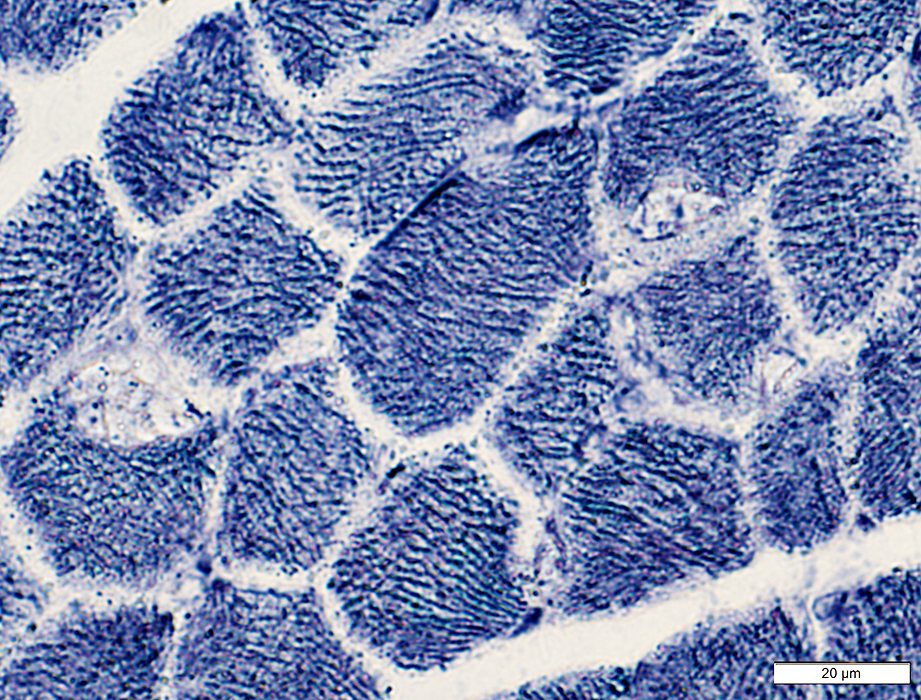

If a child suffers emotional, physical, or sexual abuse from a caregiver, it deeply affects how they form relationships later in life. In a situation where a child is repeatedly subjected to trauma, disrupting their sense of safety and stability. This can lead to feelings of guilt and shame, feelings of disconnection, difficulties in managing emotions, heightened anxiety and depression, and bouts of anger. The damaging effects of it can lessen a child’s sense of stability and self-identity, leaving lasting scars that persist into adulthood. The Lasting Impact: Loss of Self, Guilt, and Shame They often fall into the pit of self-blame, unable to comprehend the causes and consequences of these distressing events. Children have a harder time with or lack of education, socialization, life experience than adults. The understanding of such incidents is especially complex for a child, who lacks the brain capacity of adults. It can take the form of physical or sexual harm, being a bystander to a horrifying incident, experiencing severe illnesses that require extensive medical interventions, witnessing acts of domestic violence, enduring relentless bullying, or even surviving those conditions such as displacement and catastrophic natural disasters. Impact of Childhood Trauma: The Unseen WoundsĬhildhood trauma can manifest in may ways. Insomnia, nightmares, or other sleep disorders may be more common in adults who experienced bad stuff. It can leave adults with feelings of worthlessness or inadequacy. There’s a higher risk for chronic conditions such as heart disease, diabetes, and autoimmune diseases among adults who had bad experiences in their childhood. Some may experience periods of dissociation, feeling disconnected from themselves or the world around them.Īdults may have difficulty regulating emotions, leading to emotional outbursts, difficulty calming down after being upset, or trouble identifying their emotions. Individuals may use drugs or alcohol as a coping mechanism to deal with unresolved issues. It can lead to persistent feelings of sadness, lack of interest in activities, and difficulty experiencing pleasure.Īdults who experienced traumatic events as children may have recurring nightmares, and flashbacks, or may feel a like they’re in a constant state of danger.Īdults with a history of it may struggle to establish and maintain healthy relationships due to having trust issues and fear of being hurt. They may worry excessively and have trouble managing their anxiety. It has maintained Laboratory Improvement Programs for 65 years, and provides proficiency testing to 20,000 laboratories worldwide.Adults who have experienced childhood trauma usually have heightened levels of anxiety. With a membership of more than 18,000 board-certified pathologists, the CAP fosters excellence in pathology and laboratory medicine worldwide. This accreditation represents the great professionalism and dedication of everyone on our staff.” “The clinical diagnostic testing that we perform has the goal of providing the highest level of service to the healthcare providers, families and children who rely on us. Doms, MD, PhD, CHOP pathologist-in-chief and director of the Hospital’s laboratory facility. “We are extremely proud to receive this accreditation once again,” said Robert W. The accreditation process is designed to ensure the highest standard of care for all laboratory patients. CAP inspectors also examine a laboratory’s staff qualifications, equipment, facilities, safety program and record, and overall management. Representing the gold standard in laboratory accreditation, the CAP examines a facility’s records and quality control procedures for the preceding two years. CHOP’s Pathology and Laboratory Medicine Department recently received its renewed accreditation from the College of American Pathologists (CAP), based on a recent on-site inspection.


 0 kommentar(er)
0 kommentar(er)
